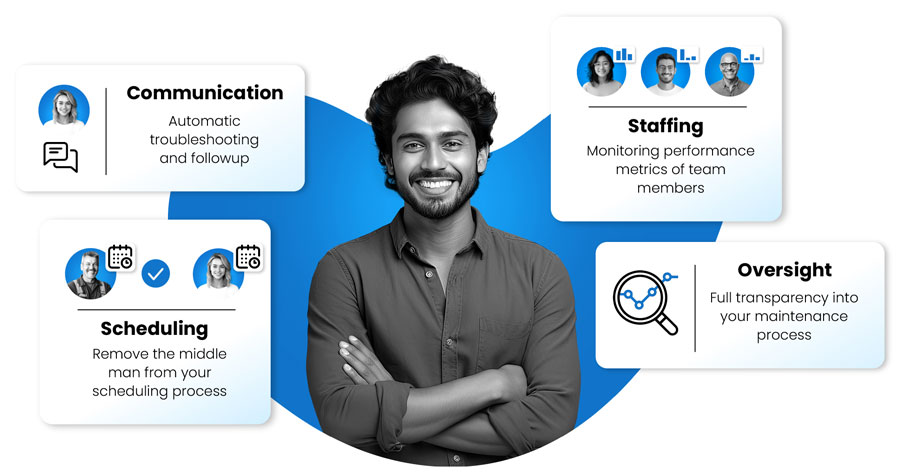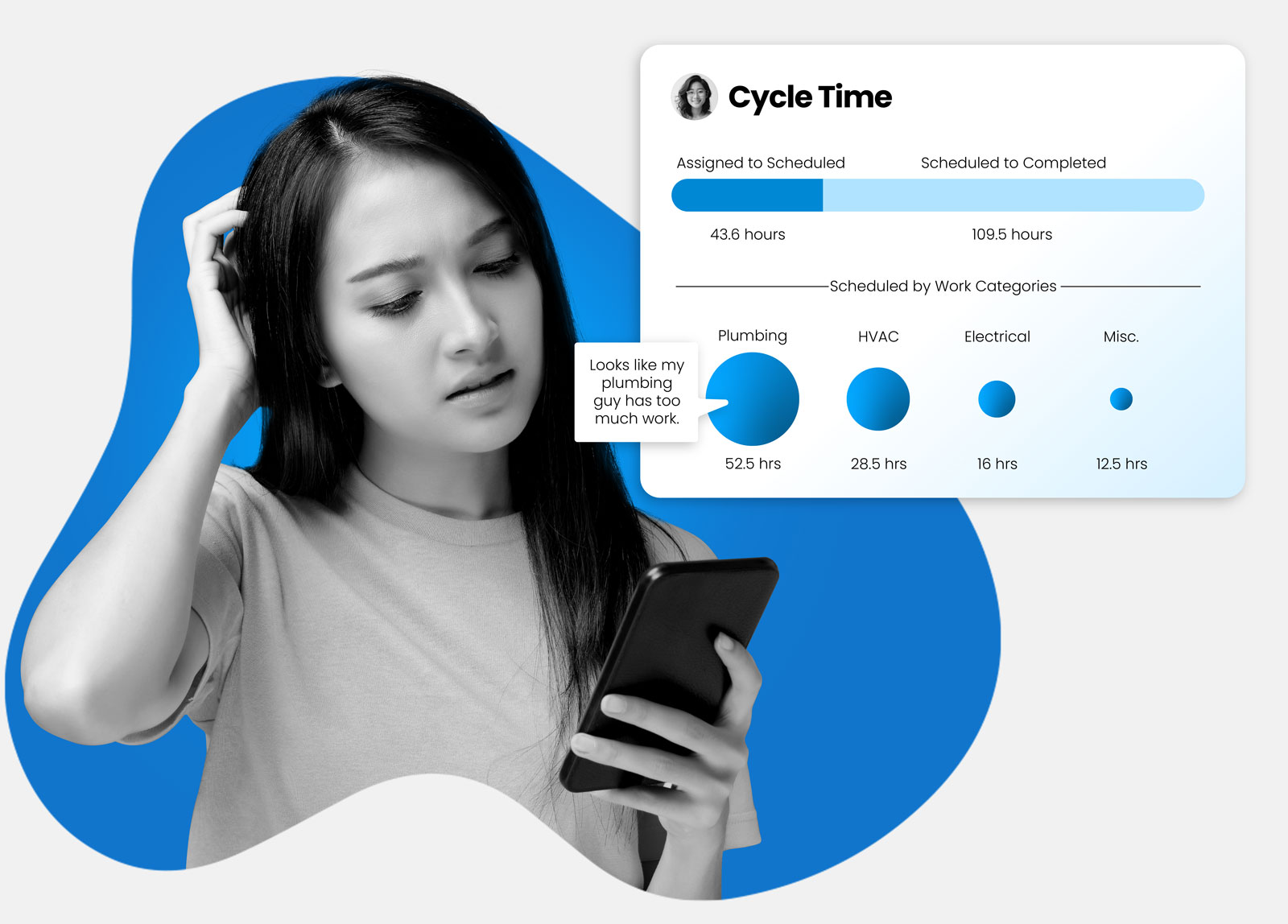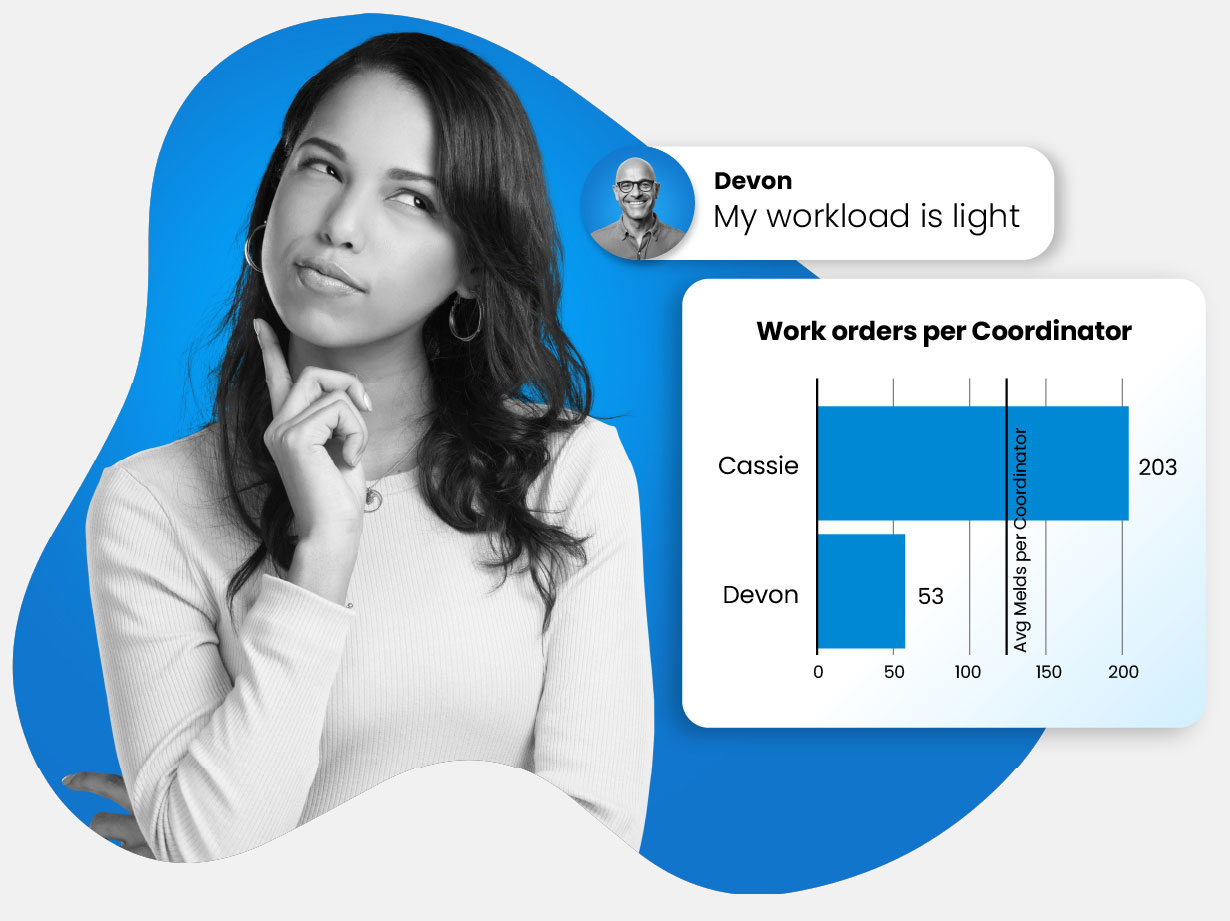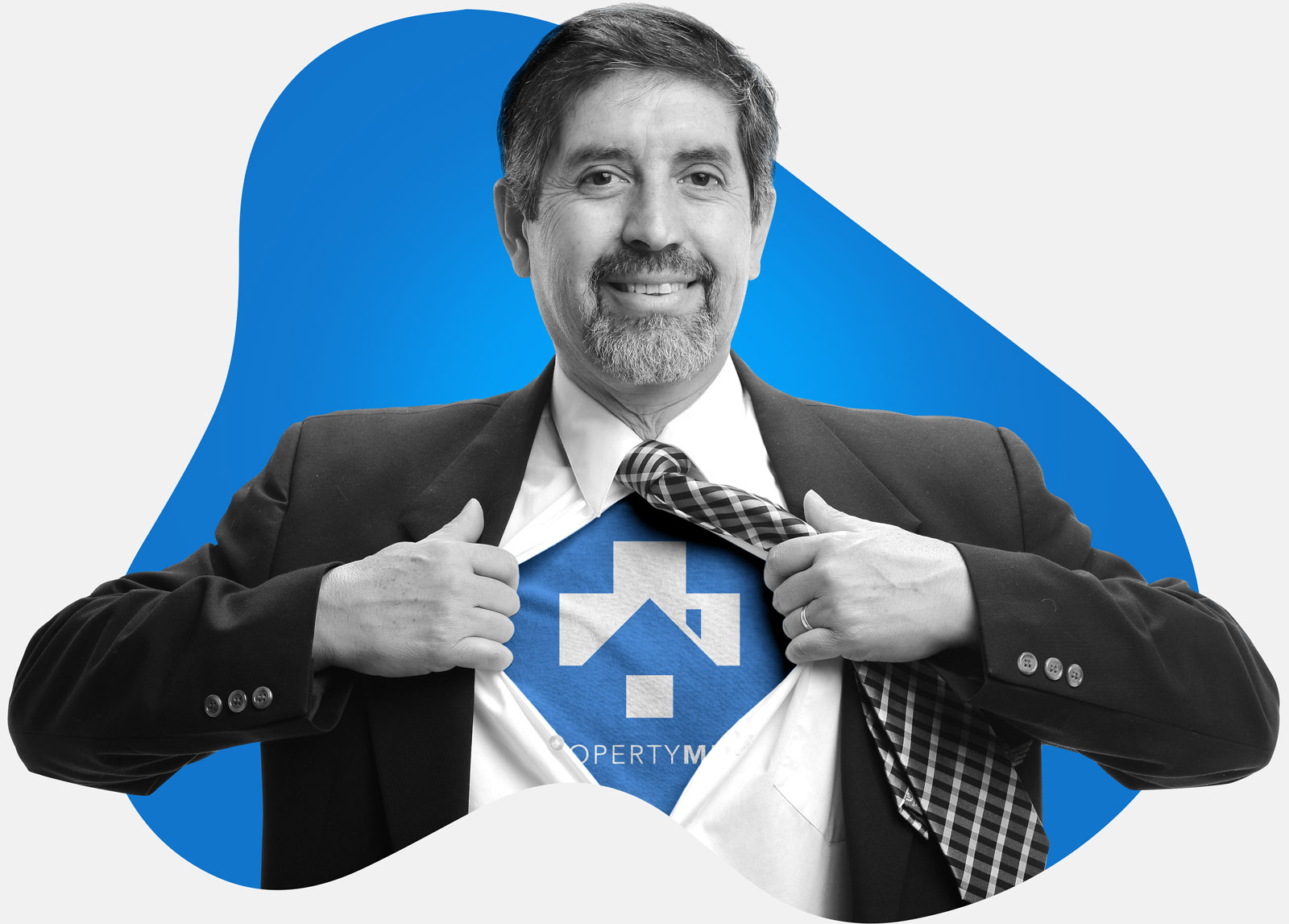In our previous post, we stressed the importance of understanding the basic mathematics of your company’s maintenance operation. In other words, you must know how much money your maintenance program is costing your business, and how much money it is bringing in, to begin understanding how it affects your business’s bottom line.
But the dollars and cents view of your operation is just the first step. To truly comprehend the impact of your maintenance operation on your overall property management company, you need to assess how its performance affects things like resident turnover, resident retention, online reputation and investor retention and attraction.
Satisfactory maintenance = happy residents = good business
Did you know that aside from rent price, the number one reason a resident leaves their apartment and lease is because of a poor renting experience? In fact, 31% of residents say maintenance is the reason they left a property, and 46% of residents say maintenance was a factor in deciding to renew their lease. Safe to say, if your maintenance operation results in happy residents, it’ll also lead to paying, staying renters. From there, the positive effects of such a dynamic on your business are nearly endless.
An efficient maintenance operation means one thing: consistently satisfactory experiences for residents at the lowest cost possible — or maybe even with a profitable outcome — to your business. With happy residents, your resident turnover rates will naturally decrease while your lease renewals and resident retention rates will naturally increase. This is important to note because resident turnover and resident retention rates are key measurements of how your business is performing. If resident turnover is low and resident retention high, it means you have less unit vacancies (i.e. lost revenue) to fill and less staff time that needs to be spent cleaning, fixing up and showing vacant units (i.e. lost staff time). In short, both measurements are large factors in determining the overall profitability of your company.
But profitability isn’t just about making money; it’s about retaining and attracting new investors and consequently, increasing your company’s holdings and worth. With an efficient maintenance operation, you are creating an environment that will keep existing investors happy while simultaneously attracting new investors.

As in any relationship, communication is paramount when dealing with investors in your company. Understanding investor’s needs is the first step. Creating a system of updates and a way to share information with investors based on their needs is the next task. Some investors want to know everything. Others prefer a more hands-off approach. You should understand where each investor lies on this spectrum and make sure each one feels like they have the information they need.
In this day and age, technology makes creating such a communication system rather easy. Property Meld software can provide real-time updates for the investor who likes to know everything, and a resource of information that can be accessed whenever for every other type of investor. The goal is transparency as a means to build strong investor relations.
Reputation is everything
The Internet is a wondrous creation. But fair? Not so much.
In fact, for every 7 positive online reviews your company receives, another 11 will be negative. And the cost of this is reality on your business’s bottom is palpable when you consider a recent study found 87% of people check the online reviews of a company and use the reviews as a guide before they decide whether to engage with the company or not.
If your online presence is dominated by bad experiences, it’s going to be difficult to find new residents. Another study found that 78% of prospective residents said the property management company’s online reviews were the biggest factor in choosing where to live. For millennials in the study, it was even higher, at 86%.
In the property management business, the biggest cause of bad experiences and reviews are maintenance issues. To manage your company’s online reputation, you’d be smart to start by managing your maintenance operation. Aside from following the steps we’ve already touched on, another concept to grasp is dialing in your follow up process after a maintenance issue has been handled.
In a perfect model, someone from your company is contacting residents and surveying every service issue within 24 hours of the issue being handled by a technician. This communication is important because if a resident isn’t happy with the work, you are able to catch the issue and remediate it before their anger boils over and onto the world wide web of online reviews. If your maintenance operation isn’t following up within 48 hours of completion of a maintenance repair job, you can quickly lose control of your online reputation, your business’s reputation, and, in effect, your bottom line.
One other technique to manage your online reviews is to push positive experiences. You can achieve this by providing an incentive to maintenance crew members for every positive review they receive. You can also incentivize residents to share their experiences online to help rebalance the tendency of people to only review a company when they have had a poor experience.
When it comes to property management, your maintenance operation can be looked at as a liability, or an asset, as an expense, or a profit. The perspective is up to you. So is the performance. Prioritize your maintenance operation, get it running smoothly and efficiently, and one day it could end up generating up to 50% of your company’s revenue while simultaneously helping to retain current tenants and residents and attract new ones.
The importance is clear. So, too, are the effects.
Ready to get started?
Click here to start exploring how to automate and optimize your maintenance operation.













